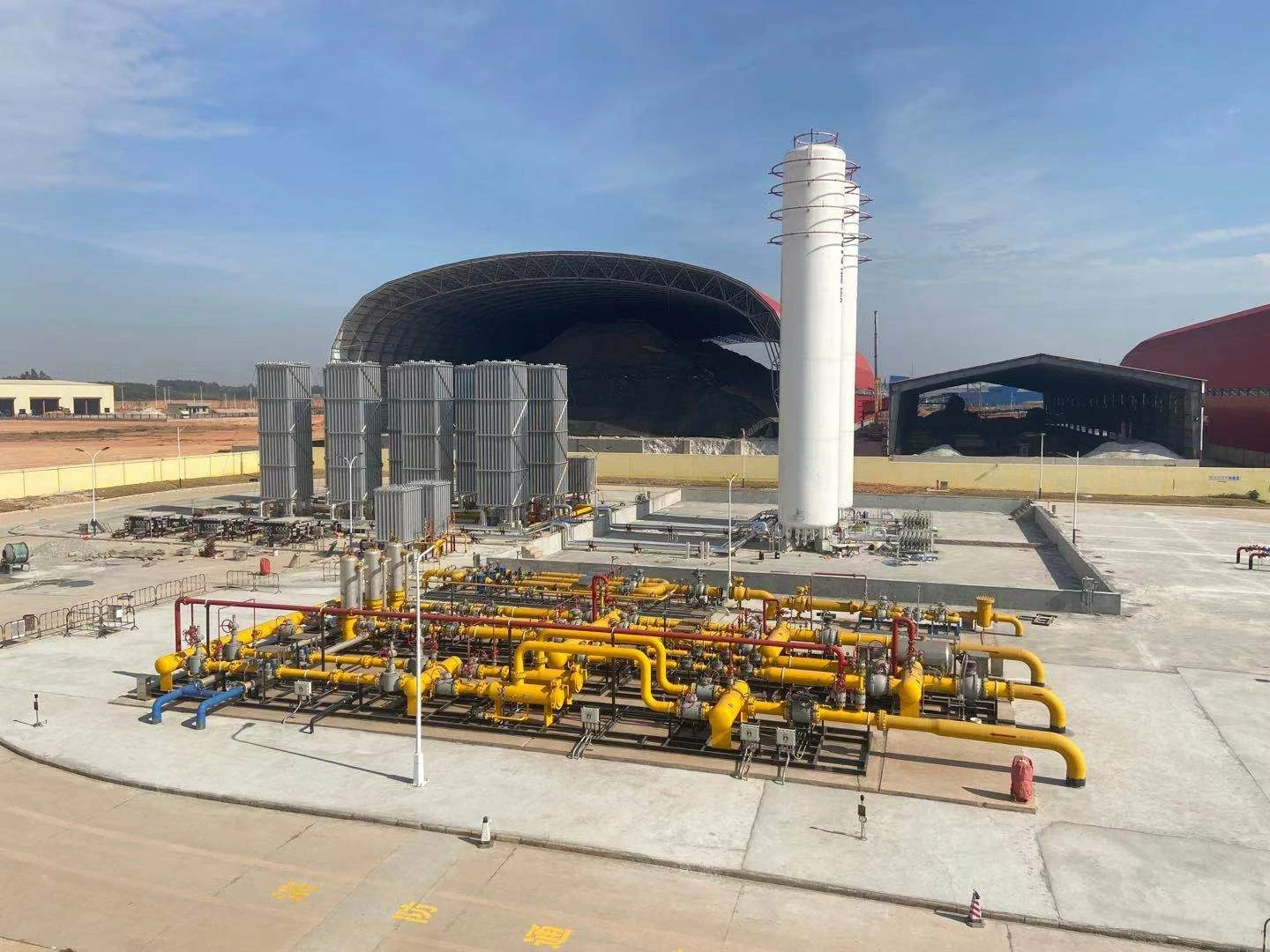
Oct . 06, 2024 20:18
Back to list
electric valve
Understanding Electric Valves Functionality, Applications, and Advantages
Electric valves play a crucial role in various industrial and commercial processes. They are automated devices that control the flow of liquids or gases in a piping system, using an electrical signal to dictate their operation. This article delves into the functionality, applications, and benefits of electric valves, highlighting their significance in modern engineering.
Functionality of Electric Valves
At the core of an electric valve is an actuator, which converts electrical energy into mechanical motion. This actuator can be either a rotary type, typically used in quarter-turn valves like ball or butterfly valves, or a linear type used in globe or gate valves. When an electrical signal is sent to the actuator, it opens or closes the valve, allowing or preventing flow within the system.
Electric valves can be controlled remotely, which enhances operational efficiency and safety. They can be integrated with various control systems, such as programmable logic controllers (PLCs) or distributed control systems (DCS), to enable automation. This capability allows for precise control over the flow rates and pressures within a system, contributing to improved process management and difficult conditions handling.
Applications of Electric Valves
Electric valves are prevalent across numerous sectors including water treatment facilities, HVAC systems, chemical processing plants, and oil and gas industries. In the water treatment sector, for example, they are used to manage the flow of water through treatment processes, ensuring optimal performance and compliance with health regulations.
electric valve

In HVAC applications, electric valves control the flow of chilled or hot water, allowing for effective temperature regulation in building environments. The chemical industry relies on electric valves for precise control over hazardous fluids, minimizing risks associated with manual operations. Similarly, in the oil and gas sector, electric valves are integral in managing flow rates in pipelines, enhancing both safety and efficiency.
Advantages of Electric Valves
The benefits of electric valves are numerous. One of the primary advantages is their enhanced precision and control. Unlike manual valves, which can be subject to human error, electric valves provide consistent operation, which is essential for critical applications. Moreover, they can operate in environments that are hazardous or difficult for human operators, reducing the risk of accidents.
Another significant advantage is the ability to monitor and collect data. Many modern electric valves come equipped with sensors that provide real-time feedback on the valve status, flow rates, and pressures. This data can be invaluable for maintenance and troubleshooting, allowing operators to detect issues before they escalate into major failures.
Furthermore, electric valves often require less maintenance compared to their pneumatic or hydraulic counterparts. Because they are powered by electricity rather than pressurized fluids, the likelihood of leaks or mechanical failures is reduced, translating to lower operational costs over time.
Conclusion
Electric valves are indispensable components in contemporary industrial systems. Their ability to deliver precise control and automation enhances efficiency, safety, and reliability across various applications. As industries continue to evolve, the demand for innovative and effective control solutions like electric valves will undoubtedly increase, driving advancements in technology and process optimization. In summary, understanding the functionality and benefits of electric valves can help organizations optimize their operations and maintain competitive advantages in their respective fields.
Next:
Latest news
-
Safety Valve Spring-Loaded Design Overpressure ProtectionNewsJul.25,2025
-
Precision Voltage Regulator AC5 Accuracy Grade PerformanceNewsJul.25,2025
-
Natural Gas Pressure Regulating Skid Industrial Pipeline ApplicationsNewsJul.25,2025
-
Natural Gas Filter Stainless Steel Mesh Element DesignNewsJul.25,2025
-
Gas Pressure Regulator Valve Direct-Acting Spring-Loaded DesignNewsJul.25,2025
-
Decompression Equipment Multi-Stage Heat Exchange System DesignNewsJul.25,2025

